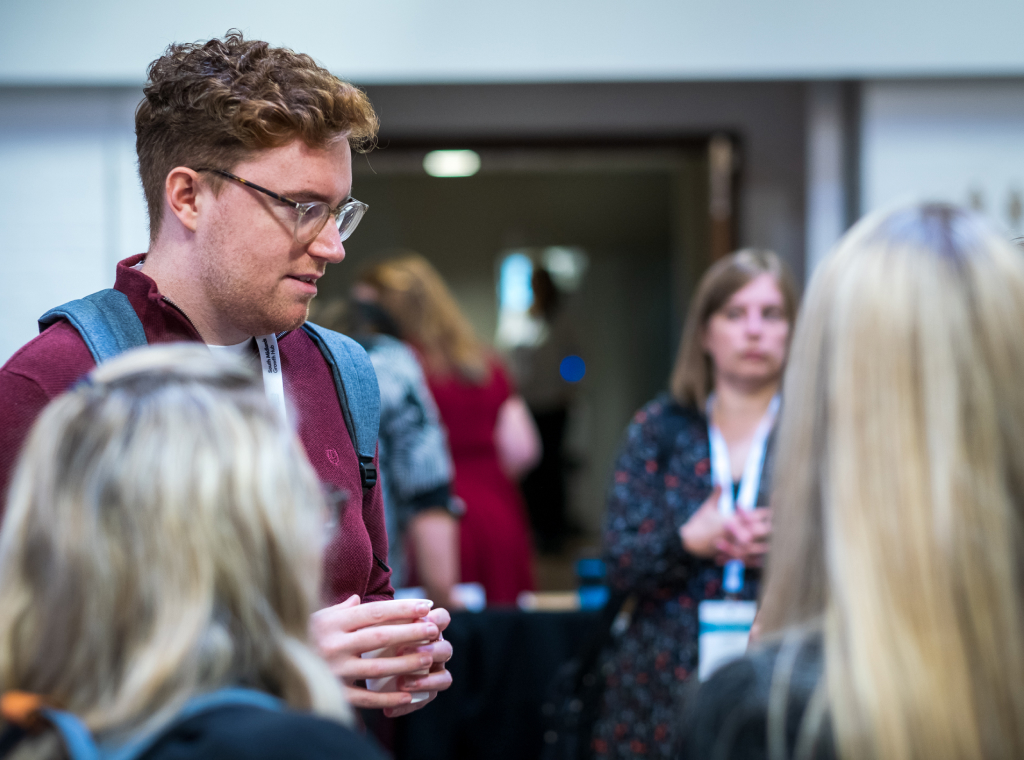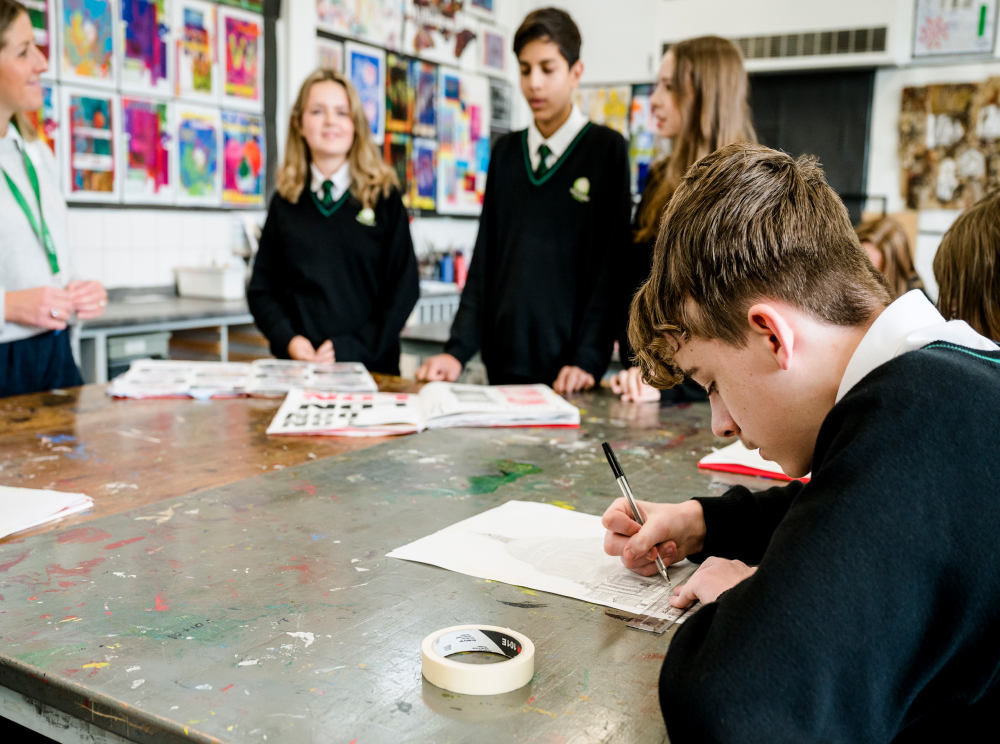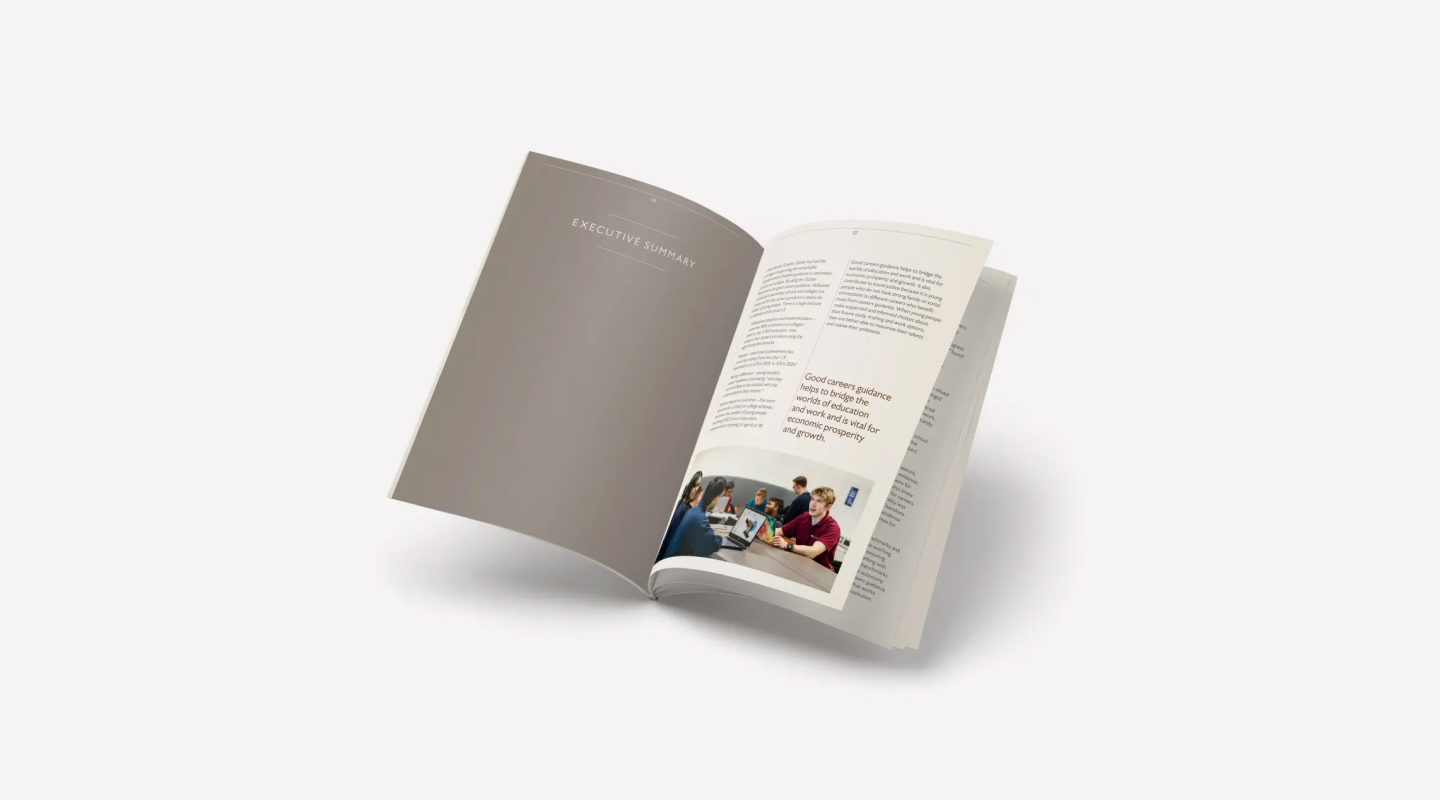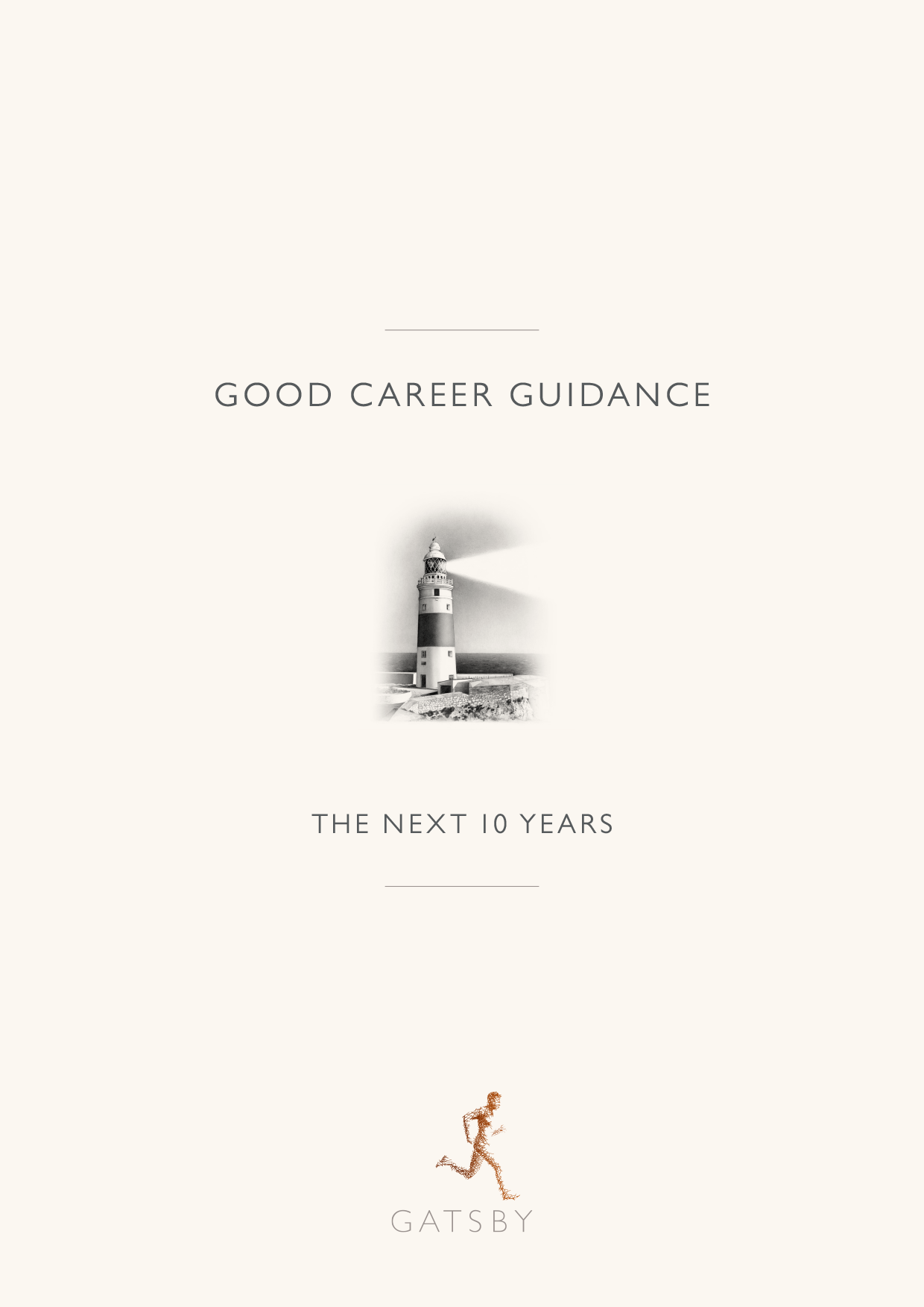A guide toUpdated Gatsby Benchmark 3
Addressing the needs of each young person
Pupils have different careers guidance needs at different stages. Careers programmes should help pupils navigate their concerns about any barriers to career progression. In addition, opportunities should be tailored to the needs of each pupil, including any additional needs of vulnerable and disadvantaged pupils, young people with SEND and those who are absent.

Criteria for Schools
- A school’s careers programme should actively seek to challenge misconceptions and stereotypical thinking, showcase a diverse range of role models and raise aspirations.
- Schools should keep systematic records of the participation of pupils in all aspects of their careers programme, including the individual advice given to each pupil, and any subsequent agreed decisions.
- For pupils who change schools during the secondary phase, information about participation and the advice given previously should be integrated into a pupil’s records, where this information is made available. Records should begin to be kept from the first point of contact or from the point of transition.
- All pupils should have access to these records and use them ahead of any key transition points to support their next steps and career development.
- Schools should collect, maintain and use accurate data for each pupil on their aspirations, intended and immediate education, and training or employment destinations, to inform personalised support.
- Schools should use sustained and longer-term destination data as part of their evaluation process and use alumni to support their careers programme.
Learners have different careers guidance needs at different stages. Careers programmes should help learners navigate their concerns about any barriers to career progression. In addition, opportunities should be tailored to the needs of each learner, including any additional needs of vulnerable and disadvantaged learners, young people with SEND and those who are absent.



Criteria for Colleges and ITPs
- A provider’s careers programme should actively seek to challenge misconceptions and stereotypical thinking, showcase a diverse range of role models, and raise aspirations.
- Providers should keep systematic records of the participation of learners in all aspects of their careers programme, including the individual advice given to each learner, and any subsequent agreed decisions.
- The records of participation and advice given should be integrated with those given at the previous stage of the learner’s education (including their secondary school), where these are made available. Records should begin to be kept from the first point of contact or from the point of transition.
- All learners should have access to these records and use them ahead of key transition points to support their next steps and career development.
- Providers should collect, maintain and use accurate data for each learner on their aspirations, intended and immediate education, and training or employment destinations, to inform personalised support.
- Providers should use sustained and longer-term destination data as part of their evaluation process and use alumni to support their careers programme.
Throughout the benchmarks we have strengthened the need to ensure young people can get accurate and honest information from employees and students they can identify with.
Good Career Guidance: The Next 10 Years
Case study : Connell Co-op College
At Connell Co-op College, individual needs and career aspirations are included in the application process for the college. When a young person joins, they record their vision and where they would like to progress to next, which makes destinations a priority from the outset. Their aspirations and intentions are reviewed throughout their time at college, including during meetings with the careers adviser.
As young people move through the careers programme and gain more knowledge, they are given opportunities to reflect on their vision. Every student’s vision is shared with their subject teachers, their progression tutor, the careers adviser and a destinations manager. Visions are used to identify the types of employers and industries to invite to careers days. They are also used to identify additional visits and experiences that would be helpful for some students. During personal guidance meetings, careers advisers and students create a personalised action plan.
Case study : The Heights Blackburn
The Heights Blackburn, an alternative provision school for young people, seeks to ensure careers guidance support is provided for learners who are absent. The careers adviser, who is commissioned externally, works closely with the careers leader and other key staff including the designated safeguarding lead, SENCO and attendance leads to identify the needs of learners who are absent. Adaptations are then made to the delivery of the careers programme.
For example, the careers adviser will host personal guidance meetings online, visit the young person at home or in neutral settings such as youth centres. The approach is monitored by a wider pastoral support team, which includes the assistant headteacher. The school’s approach to personal guidance is shared with parents and carers every year, including key contact information and signposting to local support services.
Case study : The Limes College
The Limes College is an alternative provision setting, which uses role models to inspire current pupils. Young people appreciate this and find it valuable:
I really like seeing and hearing from people who are like me and who are on the same journey I want to be on.
It makes me feel like I can go on and do really good things as well and it’s good being able to ask them questions and then talk to teachers about what I need to do next.
Year 11 Student, The Limes College
Case study : Emmanuel College
At Emmanuel College, encounters with alumni are carefully planned and sequenced throughout the careers programme. Alumni success is highlighted in the visual culture around the school building and is regularly celebrated in the school magazine, in assemblies, on social media and in newsletters shared with parents and carers. At annual celebration evenings, alumni provide insights into their own study or career journeys. This is done to show what can be achieved, and that success takes many forms. Alumni are involved in all aspects of the careers programme, delivering talks and workshops to groups of students, including as part of the subject curriculum.


Using aspiration and intended destinations data
Some multi-academy trusts (MATs), for example Ark Schools and Lift Schools (formerly the Academies Enterprise Trust), already take a proactive approach to helping young people secure and sustain destinations, based on regularly gathering and analysing aspiration and intended destination data.
The data is analysed and used to support each young person, but the data is also aggregated into different groups of learners to identify trends and patterns. This informs the development of the careers programme, which in turn enables better personalised support and challenge before key transition points.


Local areas supporting those at risk of becoming NEET
We saw many local areas working together to support students at risk of becoming not in education, employment or training (NEET). An example is the Steps to Success programme, which aims to prevent persistently absent 14-16-year-olds in East Sussex from becoming NEET. One-to-one coaching and experiences of workplaces are matched to the young person’s career goals to re-engage them in the purpose of education. The programme is designed by the employability and skills team and is facilitated by the Careers & Enterprise Company (CEC) careers hub.
Another example is Durham County Council, which works closely with schools to review data and monitor indicators for students at risk of becoming NEET. Young people identified in the data are offered a range of support through the Durham Works scheme. For example, programmes targeted at Year 10, 11 and 12 students can include a range of work exposure activities, including visits to employers and discussions and mentoring with business ambassadors.
Jump to Benchmark
Gatsby Benchmark 1
A stable careers programme
Gatsby Benchmark 2
Learning from career and labour market information
Gatsby Benchmark 3
Addressing the needs of each young person
Gatsby Benchmark 4
Linking curriculum learning to careers
Gatsby Benchmark 5
Encounters with employers and employees
Gatsby Benchmark 6
Experiences of workplaces
Gatsby Benchmark 7
Encounters with further and higher education
Gatsby Benchmark 8
Personal guidance


Publications
Browse our full collection of downloadable resources, including the reports themselves, associated appendixes and supporting literature.
